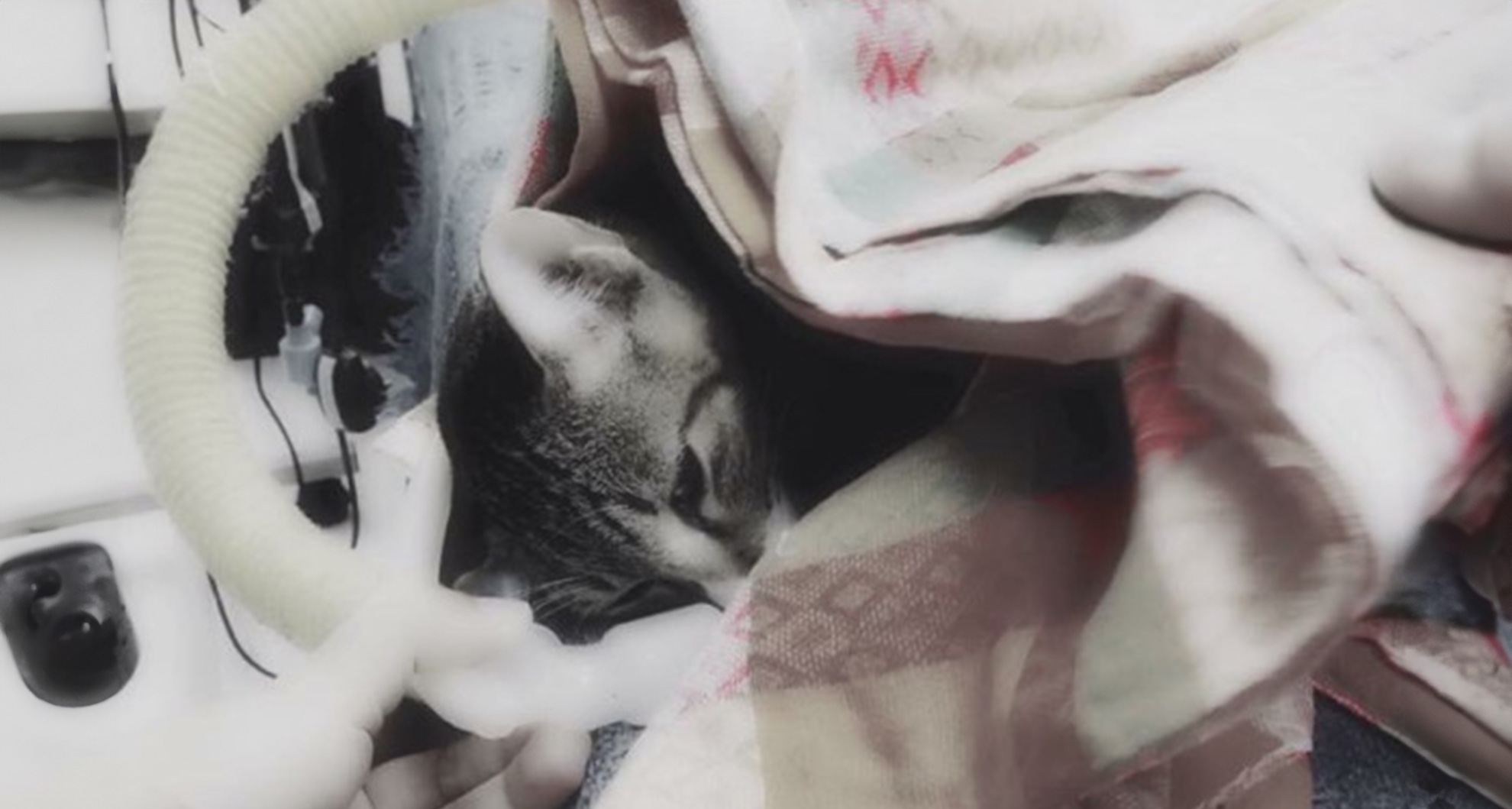Emergency Vet Attention



Always seek veterinary advice when your pets display signs of pain or discomfort. The earlier the problem is identified and treated, the better the outcome. These are some common emergencies that require immediate vet care:
- Road traffic accident (RTA)
- High rise syndrome (HRS)
- Breathing difficulty
- Heatstroke
- Seizures
- Poisoning
- Sudden loss of vision
- Difficulty in giving birth
- Swollen abdomen (bloat or gastric dilation and volvulus - "stomach twisting")
First aid care may save your pets’ life until they receive treatment
Prepare a first aid kit
- Important phone numbers (regular vet clinic and emergency vet clinic)
- Your pet’s medical record (any drug allergies)
- Digital rectal thermometer (normal dog and cat temperature: 38 to 39.2°C)
- Sterile absorbent gauze, bandages, adhesive tapes, scissors
- Activated charcoal (to absorb toxins – only use as directed by vet)
- 3% Hydrogen peroxide (to induce vomiting – only use as directed by vet)
- Saline solution (for cleansing wounds)
- Antibiotic ointment
- Towels, muzzle, Elizabethan collar
Handle with care
- Even the friendliest pets will bite or scratch when injured and in pain.
- Muzzle your dog unless he is unconscious or has breathing difficulty.
- For injured cats, use an e-collar or place them in a carrier.
Always seek veterinary advice when your pets display signs of pain or discomfort. The earlier the problem is identified and treated, the better the outcome. These are some common emergencies that require immediate vet care:
- Road traffic accident (RTA)
- High rise syndrome (HRS)
- Breathing difficulty
- Heatstroke
- Seizures
- Poisoning
- Sudden loss of vision
- Difficulty in giving birth
- Swollen abdomen (bloat or gastric dilation and volvulus - "stomach twisting")
First aid care may save your pets’ life until they receive treatment
Prepare a first aid kit
- Important phone numbers (regular vet clinic and emergency vet clinic)
- Your pet’s medical record (any drug allergies)
- Digital rectal thermometer (normal dog and cat temperature: 38 to 39.2°C)
- Sterile absorbent gauze, bandages, adhesive tapes, scissors
- Activated charcoal (to absorb toxins – only use as directed by vet)
- 3% Hydrogen peroxide (to induce vomiting – only use as directed by vet)
- Saline solution (for cleansing wounds)
- Antibiotic ointment
- Towels, muzzle, Elizabethan collar
Handle with care
- Even the friendliest pets will bite or scratch when injured and in pain.
- Muzzle your dog unless he is unconscious or has breathing difficulty.
- For injured cats, use an e-collar or place them in a carrier.
Always seek veterinary advice when your pets display signs of pain or discomfort. The earlier the problem is identified and treated, the better the outcome. These are some common emergencies that require immediate vet care:
- Road traffic accident (RTA)
- High rise syndrome (HRS)
- Breathing difficulty
- Heatstroke
- Seizures
- Poisoning
- Sudden loss of vision
- Difficulty in giving birth
- Swollen abdomen (bloat or gastric dilation and volvulus - "stomach twisting")
First aid care may save your pets’ life until they receive treatment
Prepare a first aid kit
- Important phone numbers (regular vet clinic and emergency vet clinic)
- Your pet’s medical record (any drug allergies)
- Digital rectal thermometer (normal dog and cat temperature: 38 to 39.2°C)
- Sterile absorbent gauze, bandages, adhesive tapes, scissors
- Activated charcoal (to absorb toxins – only use as directed by vet)
- 3% Hydrogen peroxide (to induce vomiting – only use as directed by vet)
- Saline solution (for cleansing wounds)
- Antibiotic ointment
- Towels, muzzle, Elizabethan collar
Handle with care
- Even the friendliest pets will bite or scratch when injured and in pain.
- Muzzle your dog unless he is unconscious or has breathing difficulty.
- For injured cats, use an e-collar or place them in a carrier.